Dallas is big and Dallas is popular. People are moving to the city in droves, and for good reasons. There’s lots to do and even more to see.
However, it’s important to consider all aspects before deciding to make it your new home. That means taking a look at some of the downsides.
Today, we will explore 14 reasons why moving to Dallas may not be the best choice for you. From extreme weather to high living costs, traffic congestion, and a lack of natural scenery, these factors should be taken into account when considering a move to the Big Dallas Texas.
1. Weather Can Be Extreme
Kicking off our list at number 1 is weather.
Dallas experiences extreme weather conditions, including scorching summers with temperatures reaching triple digits and occasional severe storms. The hot and humid climate can be challenging to endure, particularly for those who are not accustomed to such conditions. Additionally, tornadoes are not uncommon in the region, which can pose a safety risk and increase the cost of homeownership due to the need for insurance against natural disasters.
Averages over 90 degrees in the summer months but can also reach freezing temperatures in the winter months that can bring snow and ice.
Dallas receives approximately 39 inches of rain per year , higher than the U.S average of around 30 inches per year.
2. Cost of Living
Dallas has a higher cost of living compared to many other cities in Texas. While the cost of living index in Dallas is only slightly higher than the U.S average, it is still noticeably larger than the state average.
Housing prices, rental rates, and property taxes are on the rise, making it more challenging for individuals and families to find affordable housing options. While the job market may offer higher salaries to offset some of the expenses, it’s essential to carefully consider the overall cost of living and its impact on your financial well-being.
3. Home Prices
Dallas has a higher median home price of $418,000 compared to the national median of $388,800. This means that if you are considering a move to Dallas, you should be aware that housing costs in the city are relatively higher. It may be more challenging to find affordable housing options or stay within a tight budget. That being said, there are still options at price point.
4. Traffic
Dallas is notorious for its heavy traffic congestion.
The city’s growing population and sprawling layout contribute to lengthy commutes and frustrating traffic jams. Rush hour can be particularly challenging, with major highways and interstates becoming congested. If you value a shorter commute or prefer a more relaxed pace of life, the constant traffic may not align with your lifestyle.
In 2020, every Dallas driver wasted, on average, 40 hours of time spent in traffic, with over 20% of that traffic occurring on weekdays between 3 and 5 PM.
5. Lack of Natural Scenery
Dallas is known for its urban landscape, but it lacks the natural beauty and scenic landscapes found in other parts of Texas. If you appreciate being surrounded by mountains, beaches, or lush greenery, Dallas may not fulfill your desire for natural scenery. Although the city has its fair share of green spaces, the area is mostly flat, so you will definitely miss out on some of the dynamic natural scenes that are all over Texas.
It’s because of this that the cityscape (dominated by buildings and highways) may not provide the serenity and connection with nature that some may be looking for.
6. Toll Roads
Dallas has an extensive network of toll roads that can add significant expenses to your daily commute. Major toll roads such as the SRT and NDT make for a quick way through the city, but using these toll roads can quickly accumulate costs, impacting your budget and overall transportation expenses. While there are alternative routes available, they may not always be convenient or time-efficient, further exacerbating the traffic issue.
7. Construction
Dallas is a rapidly growing city, and with growth comes construction. Road expansions, new buildings, and infrastructure projects are commonplace in Dallas, leading to constant construction zones and road closures. The Dallas Fort Worth Metroplex actually ranks 4th nationally in new commercial construction with over 9 billion dollars added in the first 3 months of 2022 alone. The ongoing construction can disrupt daily commutes, increase traffic congestion, and create noise and dust pollution in various neighborhoods.
The good news is that Dallas is expanding. And expanding fast. But if you prefer less construction in your hometown, then Dallas may not be right for you.
8. Urban Sprawl
Dallas is known for its urban sprawl, with a vast expanse of neighborhoods and suburbs spread across the metroplex.
This sprawling development can result in longer commute times, limited access to amenities, and a lack of a cohesive community feel. The Dallas-Plano-Irving area ranks 152 in terms of sprawl compactness nationally. This means that If you prefer a more compact and walkable city, Dallas may not meet your expectations.
9. Crime Rate
Like any major city, Dallas has its share of crime.Dallas has a crime index of 4 , making it safer than 4% of cities in the country. Certain neighborhoods may have higher crime rates than others, and it’s crucial to research and choose a safe area to live in.
While the city has made efforts to improve safety, it would be wise to consider crime statistics and take appropriate precautions when choosing a neighborhood in Dallas.
10. Dallas is at the Top of the Texas Triangle
While Dallas offers tons of options for entertainment and you won’t find yourself bored anytime soon, it’s important to note that it is located at the top of the Texas Triangle. The Texas Triangle is the region that includes Dallas, Houston, and San Antonio. This region is home to 66% of the population of Texas and is responsible for 77% of the State’s GDP.
The problem for Dallas residents? The Texas Triangle isn’t an equilateral triangle and if you want to get to any other major city in Texas, you’ll have quite the drive ahead of you.
For example, it is a 4.5 hour long drive from Dallas to Houston, a 3.5 Hour long drive from Dallas to Austin, and a 4.8 hour long drive from Dallas to San Antonio.
11. Bugs and Snakes
Texas is no stranger to bugs, and Dallas is no different. The heavy rainfall and hot summers create an almost perfect environment for over 30 thousand species of bugs. Among some of the most common (and annoying) include:
- Mosquitos
- Cockroaches
- Bed Bugs
- Fire Ants
- Wasps
Bugs aren’t the only creatures that can show up in your house or on your land in Texas. There are over 105 different species of snakes in Texas with 15 being potentially dangerous to humans.
Some of the most common snakes that you will find in Texas are:
- Copperheads
- Cottonmouths
- Rattlesnakes
- Coral Snakes
- Rat Snakes
- Coyotes
Because these snakes are all over the state, you will inevitably run into one. They can be a nuisance for your pets, your family, and yourself.
12. Allergies
Medium Pollen counts in North Texas (Dallas, Fort Worth, Waco, and Amarillo) and Southwest Texas (San Antonio).
Pollen Allergies
Pollen from various trees, grasses, and weeds is a significant cause of seasonal allergies in Texas. Common allergenic trees include oak, cedar, pecan, and elm. Grasses like Bermuda grass and Timothy grass can also cause allergic reactions. Ragweed is a prevalent weed that releases pollen during late summer and fall, leading to allergic symptoms.
December, January, May and September are the months when pollen counts are typically at its peak in Texas.
Air Quality
Texas is known for its vast open spaces, but it also has urban areas with higher levels of air pollution. Poor air quality can worsen respiratory symptoms and allergies, especially for individuals with pre-existing conditions like asthma.
13. Open Carry Laws
Constitutional Carry: HB 1927 implements what is commonly referred to as “Constitutional Carry” in Texas. It allows individuals who meet certain criteria to carry handguns without a license or permit.
Eligibility Requirements
To carry a handgun without a license under HB 1927, individuals must meet the following criteria:
- Be 21 years of age or older (or 18 years or older if a member of the military).
- Not be prohibited by state or federal law from possessing firearms.
- Not be engaged in criminal activity other than a Class C misdemeanor.
- Not be suffering from a psychiatric disorder that poses a substantial risk of harm to themselves or others.
Carry Restrictions
While HB 1927 allows for permitless carry, there are still restrictions and regulations to be aware of:
Prohibited Locations
Certain places are still off-limits for carrying firearms, such as schools, hospitals, polling places, courts, airports, and private businesses that choose to prohibit firearms.
Federal Restrictions
Federal laws regarding the possession and carrying of firearms still apply. This means that certain places, such as federal buildings and properties, are subject to federal regulations.
Impact on Handgun License (LTC) Holders
HB 1927 does not invalidate or eliminate the existing License to Carry (LTC) program. LTC holders can still choose to obtain a license, which provides certain benefits, such as reciprocity with other states that recognize Texas licenses.
14. Politics
If you are going to be living in Dallas, you should be aware of the politics that define Texas and
Republican Dominance
Texas has been predominantly Republican in recent decades. Republicans have held the governorship since 1995, and the state has consistently voted for Republican presidential candidates since 1980. This could be off-putting for individuals who hold different political beliefs or prefer a more balanced political landscape.
Urban-Rural Divide
Texas exhibits a significant urban-rural divide in its politics. Urban areas such as Houston, Dallas, Austin, and San Antonio tend to lean more Democratic, while rural areas and smaller towns are more likely to support Republicans. However, The growth of urban areas and demographic changes have contributed to a more competitive political environment in some urban districts.
Conservative Policies
Texas is known for its conservative policies on issues such as gun rights, limited government regulation, low taxes, and a business-friendly environment. This conservative approach is often reflected in the legislative agenda and policy priorities of the state government.Individuals who hold more progressive views or prefer a state with different policy priorities may find Texas less appealing due to its conservative stance.
The Living In Dallas Texas Team Can Help You Move to Dallas
Like we said at the beginning, Dallas is a big place. It has everything that a big city needs and more. But before you make your move, make sure to weigh all of the options and narrow down what is important to you. If you prefer to lie in a more walkable city, then Dallas may not suit you. If you would like to be closer to other large cities in Texas, then there are other options available. If you would like to know more about Dallas or of thinking of starting your move to the city, reach out to the Living in Dallas Texas Team so we can turn that into a reality. Give us a call, shoot us a text, or hop on a zoom to speak to one of our team members today!
The post Top 14 Reasons Not to Move to Dallas appeared first on Living in Dallas Texas Team.
CONNECT WITH LIVING IN DALLAS TEXAS TEAM
Ready to take the next step?
Let's schedule a meeting! During this initial consultation, we'll learn more about your situation and what you're seeking in a home. We'll provide advice and address any concerns you may have in order to determine the best approach to achieving your goals. By the end of our conversation, we'll have a solid plan of action and next steps for moving forward.


Connect with Living in Dallas Texas Team
Ready to take the next step?
Let's schedule a meeting! During this initial consultation, we'll learn more about your situation and what you're seeking in a home. We'll provide advice and address any concerns you may have in order to determine the best approach to achieving your goals. By the end of our conversation, we'll have a solid plan of action and next steps for moving forward.
Living in Dallas Texas Team | License #518547
2919 Commerce St STE 250, Dallas, TX 75226
All information provided is deemed reliable but is not guaranteed and should be independently verified. This website and its affiliates make no representation, warranty or guarantee as to accuracy of any information contained on this website. You should consult your advisors for an independent verification of any properties or legal advice.

Made with ❤️ by Liftoff Agent in the USA.







